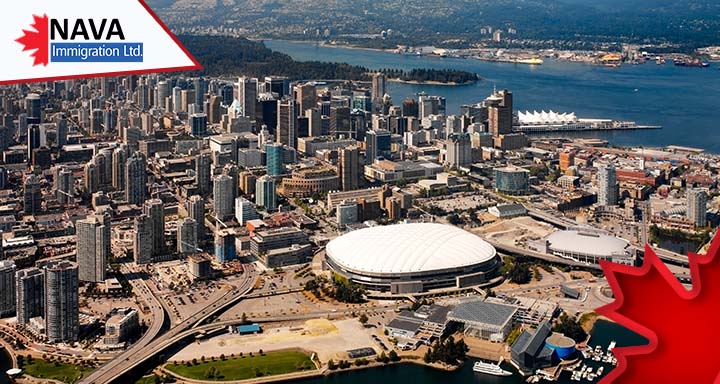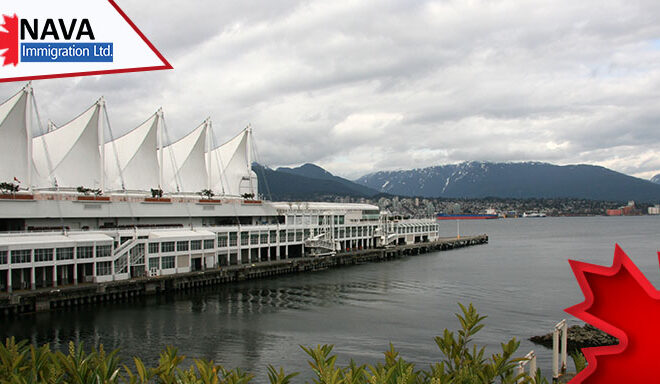Canada’s immigration levels to stay stable or keep rising
Since assuming leadership at Canada’s IRCC, Minister Marc Miller has delivered his debut public statements via interviews with RedFM Canada, CBC Radio Canada, and Bloomberg News. These interviews provide valuable insights into his perspective on Canada’s immigration levels, shedding light on his approach to critical aspects of the Canadian immigration landscape.
Increasing immigration to Canada and its value
Minister Miller emphasizes the importance of immigration as a driving force in Canada’s economy. This is especially important in addressing significant labor shortages in a variety of industries, including agriculture and healthcare, while also promoting overall economic well-being. Immigration is viewed as a critical component in constructing a better nation and reducing the issues brought by an aging population.
In keeping with these goals, the IRCC has developed a plan aimed at maintaining or potentially increasing immigration levels. This strategic approach is in line with the country’s urgent needs and the chance for further advancement. Given the pressing needs, the likelihood of lowering immigration targets appears remote, since the need for immigration remains acute.
Express Entry and the Landscape of Economic Migration
Canada places a high value on economic immigration, both now and in the future. Marc Miller, the country’s most recent immigration minister, emphasizes this commitment, adding that around 60% of the country’s immigration intake is currently based on economic concerns. Miller emphasizes the IRCC’s determination to maintain this balance.
Miller does, however, recognize the current issue of lengthy processing times for economic migrants in Canada. He emphasizes the government’s proactive approach to shortening these processing periods in the future, with the overriding goal of increasing efficiency.
Minister Miller emphasizes the federal government’s principal purpose as he outlines the Express Entry system and the IRCC’s new category-based lottery. The primary focus is on the rapid integration of skilled immigrants, particularly those working in critical trades across the country. This strategic strategy illustrates Canada’s commitment to integrating skilled people as quickly as possible to satisfy the country’s immediate requirements.
Canada’s immigration levels – Fraudulent international students addressed
Given the recent focus on cases of international student fraud, including a significant case involving over 700 foreign students across Canada, the IRCC recognizes the importance of addressing this issue head-on.
Minister Marc Miller admits that the present visa application process for international students in Canada has created “integrity challenges.” These difficulties have caused great worry among those pursuing higher education possibilities in the country. Miller is concerned that false guarantees are being given to international students, leading them astray. Unfortunately, some of these students cannot accomplish their dreams in Canada due to unscrupulous techniques they encounter.
In response, the IRCC has pledged to strengthen safeguards for overseas students arriving in Canada. The goal is to create an atmosphere in which unscrupulous entities cannot take advantage of those seeking to better their life through Canadian education. This proactive approach demonstrates the IRCC’s commitment to addressing vulnerabilities and providing genuine opportunities for growth and success for overseas students.
Challenging the link between immigration and housing difficulties
Marc Miller questions the premise that immigration is to blame for Canada’s housing shortage. He rejects the notion that immigrants are to blame for scarcity and price increases, claiming that the issue is multifaceted and does not have a clear causal relationship.
Miller claims that the rise in house equity and purchase costs is not primarily due to immigration. He is vehemently opposed to the association made between housing shortages and immigration. Miller goes on to imply that immigration itself may give solutions to major problems such as housing supply constraints.
According to the Minister, skilled labor migration could be critical in tackling pressing challenges such as accessible healthcare, dental care, and affordable housing. He sees talented immigrants as a way to improve key services and contribute to the resolution of some of Canada’s most pressing issues.
Canada’s immigration levels – Future of Immigration
Marc Miller, Canada’s new Immigration Minister, places a strong emphasis on establishing equity and empathy in order to reassure both Canadians and arriving immigrants.
The IRCC recognizes flaws in Canada’s immigration system, particularly in the area of recognizing foreign qualifications. Miller recognizes the injustice of immigrants being forced to give up hard-earned skills garnered in their individual home countries.
In response, Miller emphasizes the importance of collaborative conversations between Canada’s federal government, provinces, and territories in order to set appropriate legislation for the country’s professions. He emphasizes the critical role that immigration has played in defining Canada’s past, present, and future.
Miller’s mandate is to advocate for a transparent, fair, and compassionate immigration system. He realizes its critical significance in shaping the country’s course and enthusiastically embraces his position in this transforming journey.





